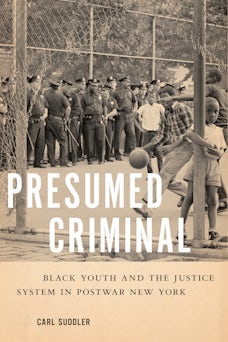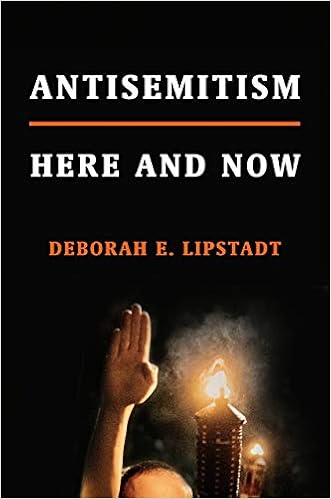
SaportaReport recently featured two new books about black youth experiences in the justice system published by History Department Assistant Professor Carl Suddler and Pulitzer Prize-winning author Colson Whitehead, respectively. Managing Editor David Pendered wrote the piece, titled “Justice for black youths, reparations in Atlanta’s conversations this summer.” Pendered discusses Suddler’s Presumed Criminal: Black Youth and the Justice System in Postwar New York, which was published by NYU press last month. Suddler offers a reading of Whitehead’s The Nickel Boys, which was also published last month. Whitehead recently presented at the Atlanta History Center. Read the full piece in SaportaReport here.
